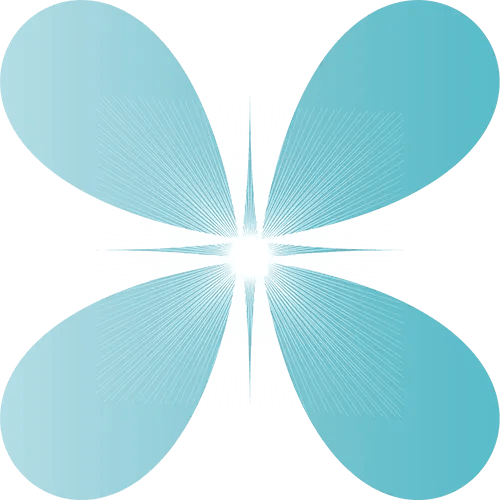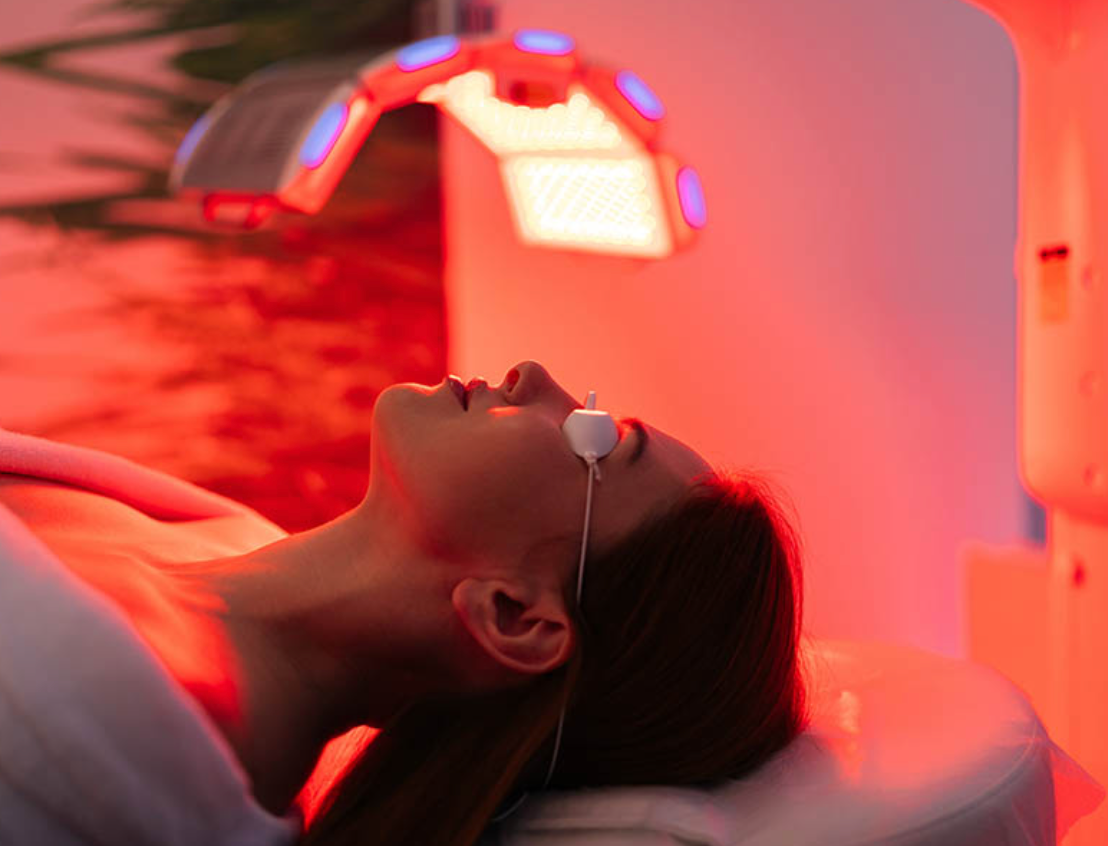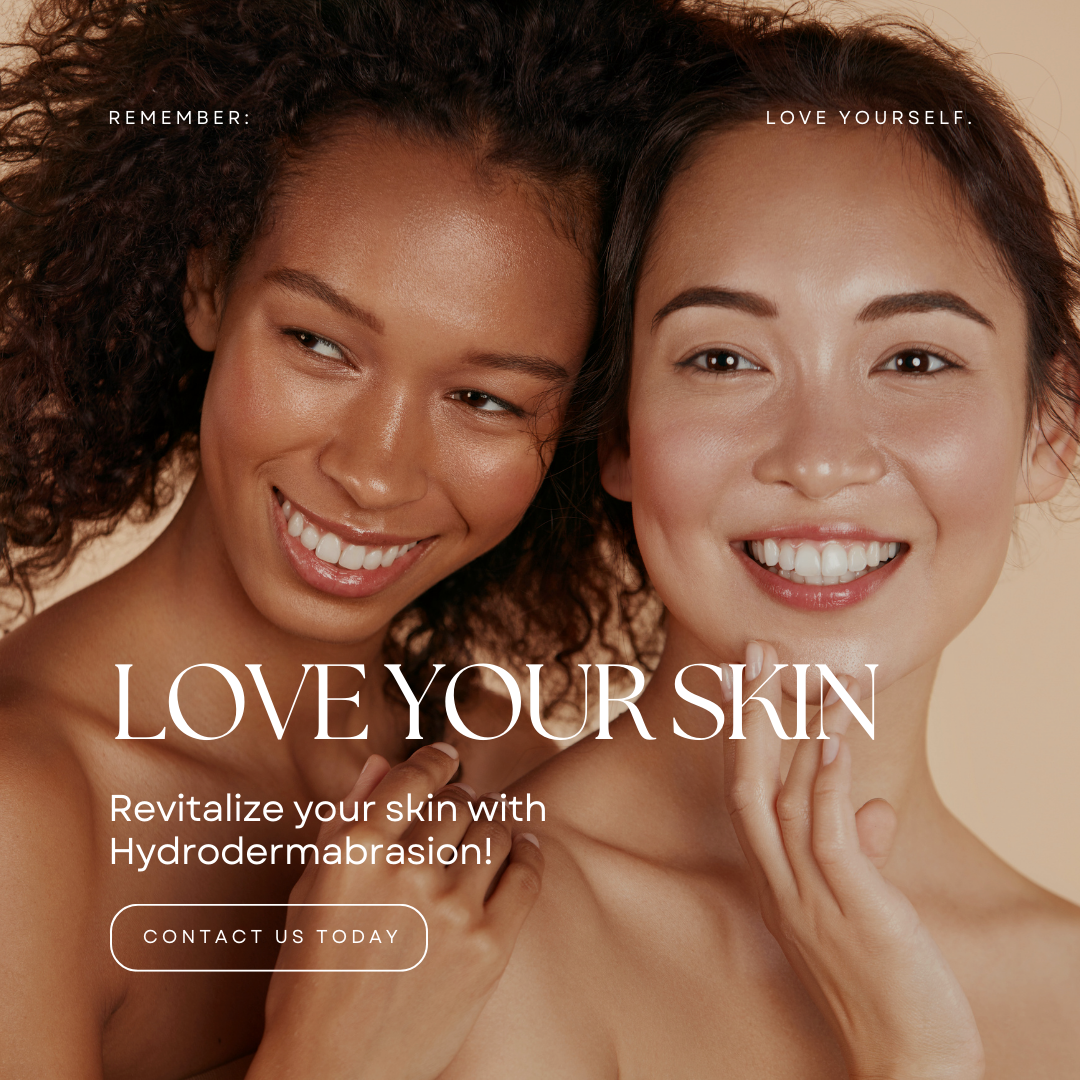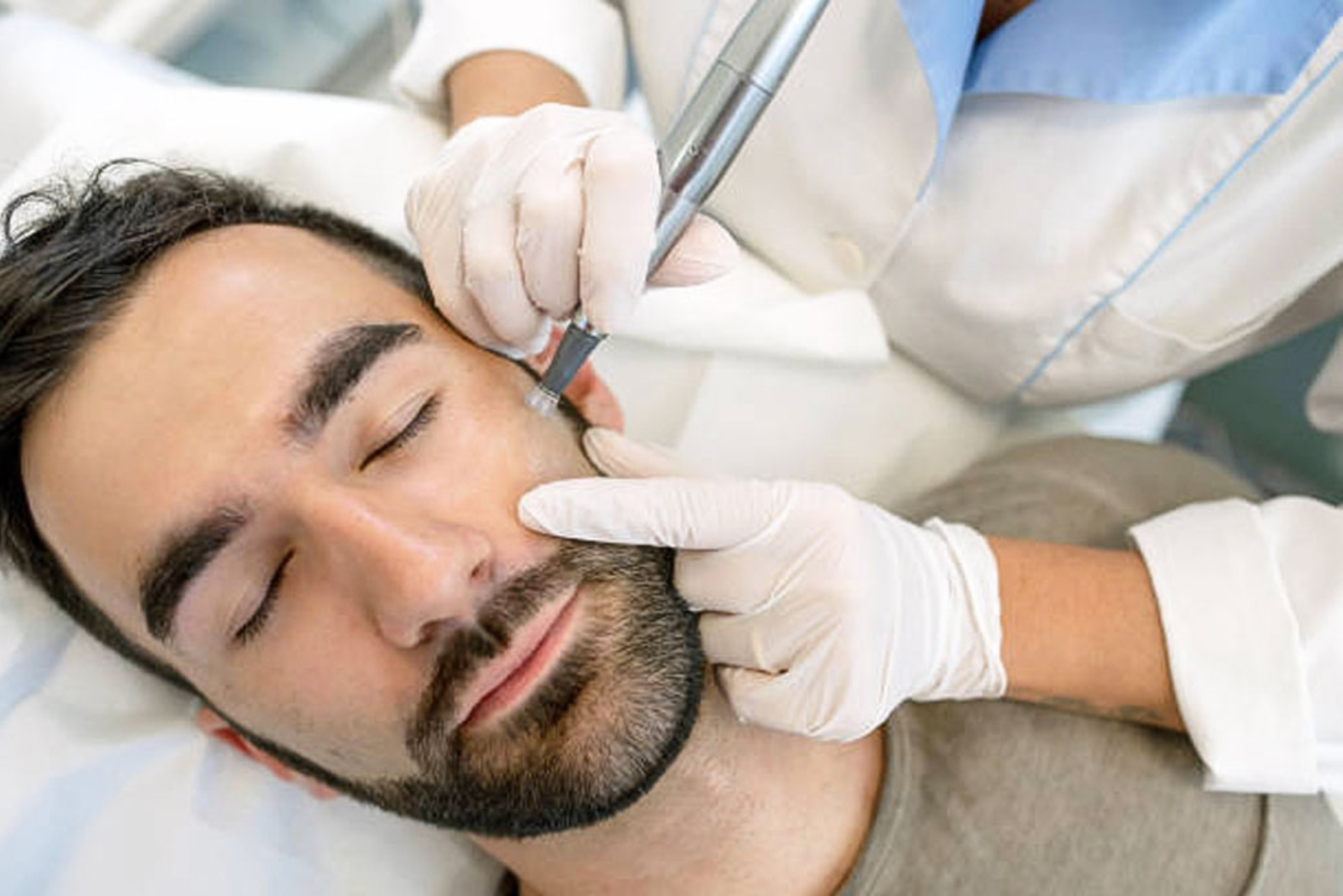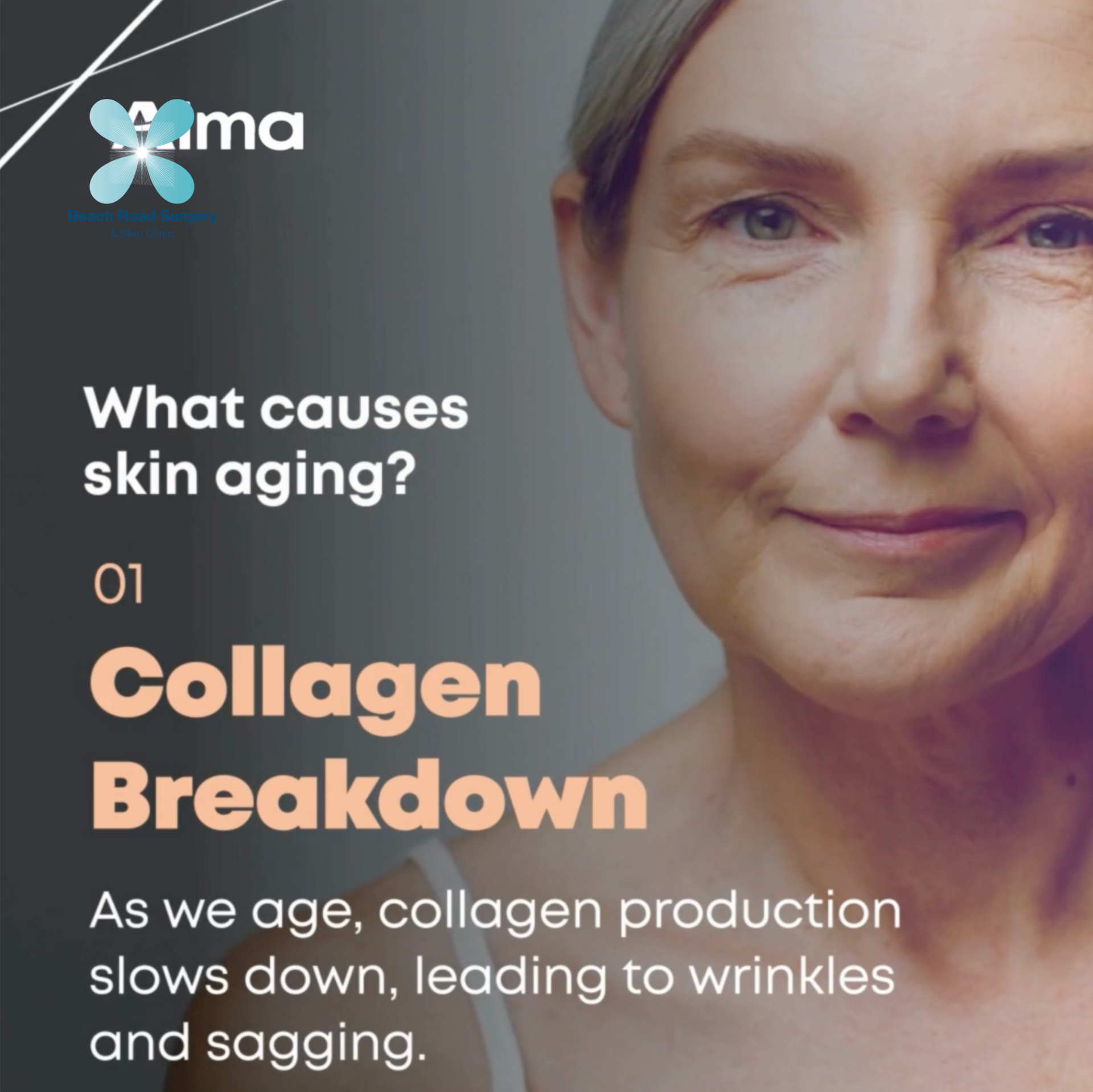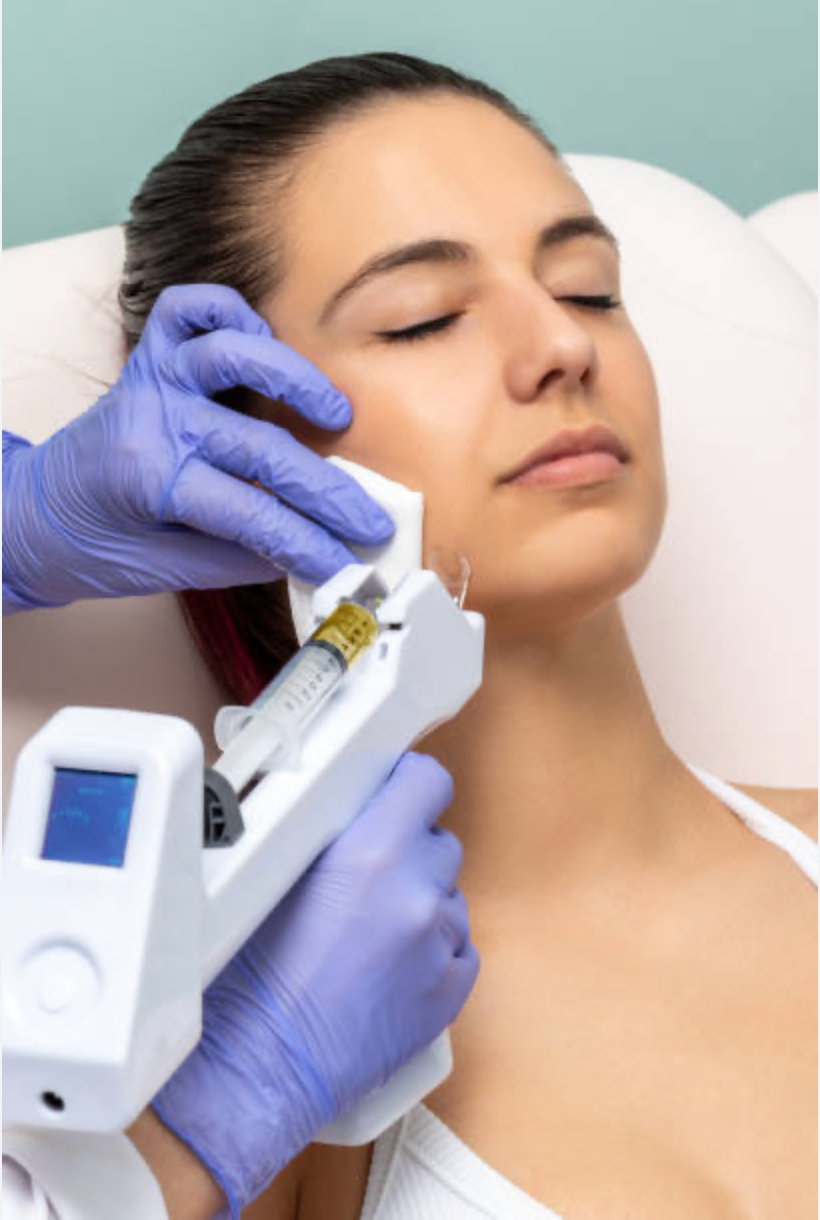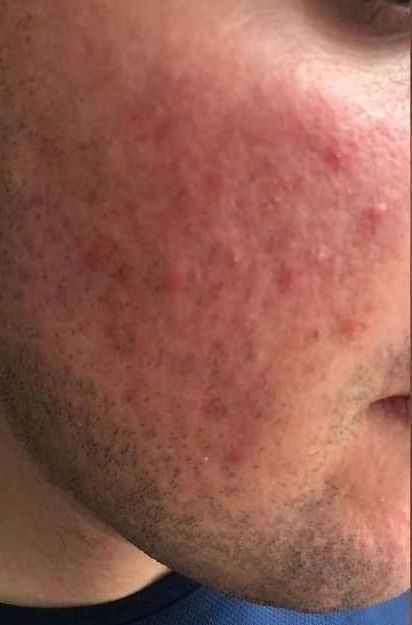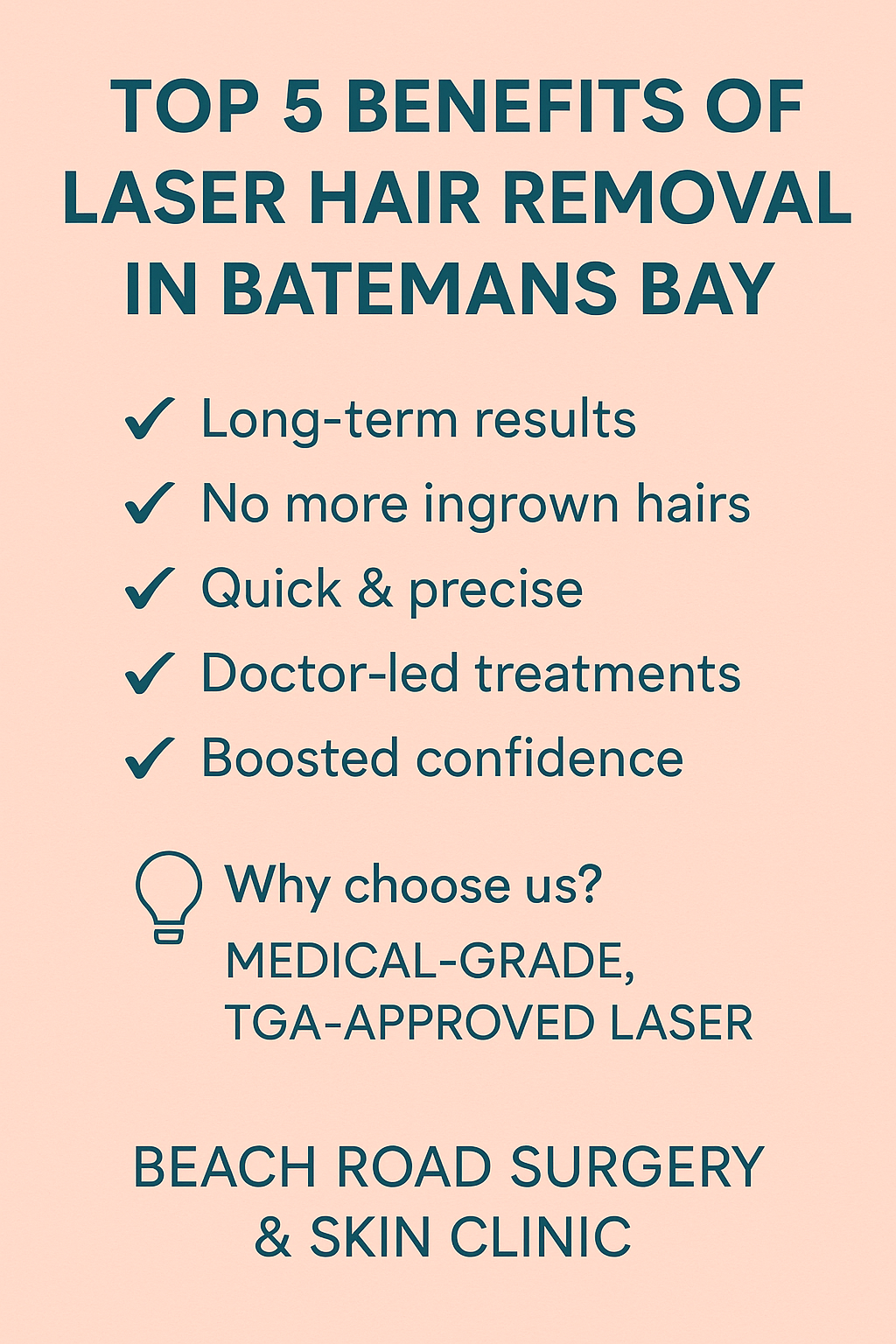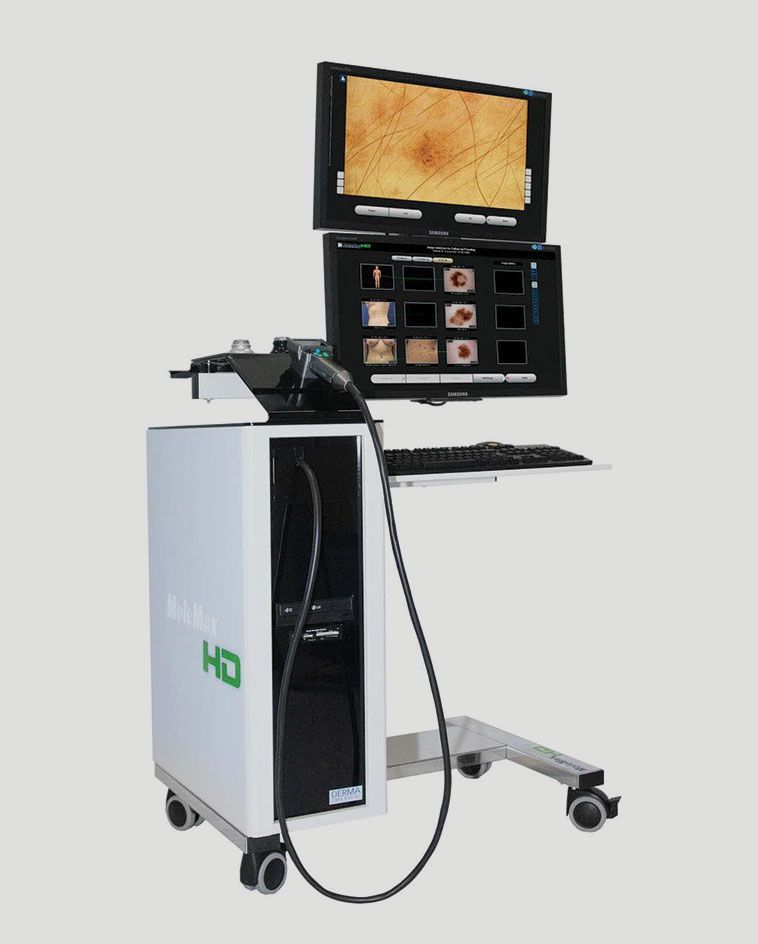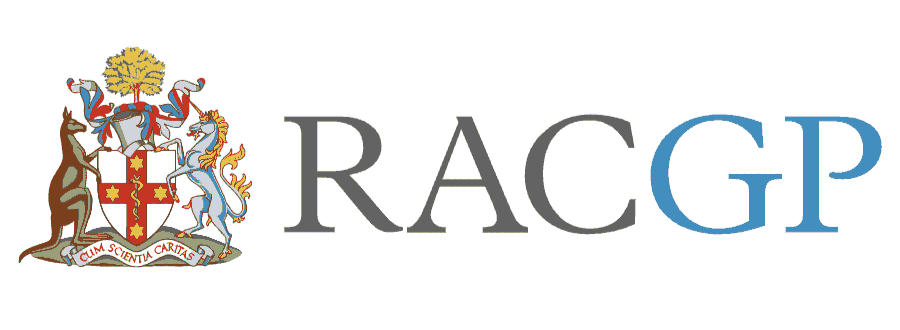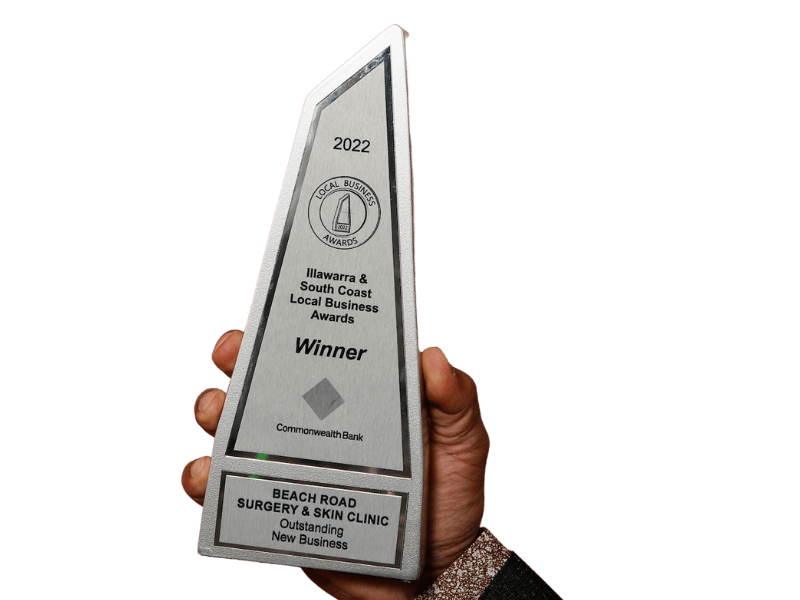You may have experienced that doctors are recommending a simple vitamin that’s vitamin B3 to reduce the likelihood of recurring skin cancer.
Generally, vitamin B3 is considered as a simple yet one of the most effective treatments for skin cancers.
However, with more and more dermatologists suggesting vitamin B3 for skin cancer, people wanted to know whether this simple vitamin is effective enough to prevent skin cancer. However, if you have the same concern, then have a look at the information below for reducing skin cancer using vitamin B3 for better understanding.
Can vitamin B3 reduce skin cancer?
Recently, researchers in Australia have found the effectiveness of a form of vitamin B3 i.e., niacinamide or nicotinamide to reduce the risks of non-melanoma skin cancers in the people who have history of squamous cell carcinoma and basal cell carcinoma previously.
- Even more, Vitamin B3 can even reduce the risk of squamous cell carcinoma by 30%.
- While, it can also decrease the risk of basal cell carcinoma by 20%.
Even more, a research study published in October 2015, in the New England Journal of Medicine also suggested that a form of vitamin B3 nicotinamide has reduced the common skin cancers risk in the high-risk patients. In fact, researchers are now determining how the immunoprotective effects of nicotinamide might help prevent melanoma as well as non-melanoma skin cancer.
Well, this is one of the clearer evidences for the effectiveness of vitamin B3 to treat various common types of skin cancer.
The impact of this discovery
Well, we all know the fact that Vitamin B3 is one of the most inexpensive, and widely accessible over the counter vitamin supplement. Therefore, the discovery of its effectiveness against common skin cancer types is amazing. Also, precancerous lesions will be a game changer now.
How does vitamin B3 can prevent the development of new skin cancers?
Skin cancers normally occur when the natural ability of skin to repair damages is affected by UV radiations. This can lead to the development of skin cancer cells’ uncontrolled growth. However, consumption of vitamin B3 can help in reducing this damage as well as the risk of skin cancers development.
This is done by increasing the availability of energy to cells, reducing the immune suppression due to UV radiation, and helping to repair the DNA of damaged cells.
What are other benefits of intaking vitamin B3?
Do you want to know some other benefits of using vitamin B3? Let’s have a look at the ones enlisted below to get a better idea about the things in this regard:
- Vitamin B3 is highly beneficial for providing effective immune protection.
- Topical use of vitamin B3 can reduce the visible signs of aging and sun damage.
- Vitamin B3 is also effective for increasing elasticity, reducing blotchiness and improving the healing ability of your skin.
How to intake vitamin B3?
There are various food options in which vitamin B3 is present in small amounts. These options include:
- Fish
- Milk
- Eggs
- Nuts
- Yeast
- Legumes
- Cereals
Consuming 15 to 20 mg of vitamin B3 daily is sufficient. However, to intake vitamin B3 regularly, you can consider adding the above-mentioned food sources in your regular meal plans.
Verdict
Overall, vitamin B3 is effective to prevent different kinds of skin cancers. You can consider adding vitamin B3 from natural sources in your diet to reap all of its benefits with ease. Natural resources are always the best option to get nutrients.
